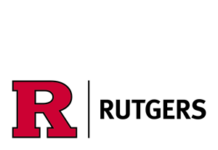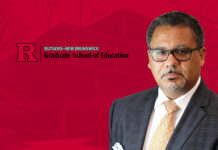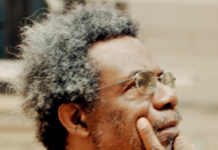 There is only one medical oncologist in the largest referral hospital in the African nation of Botswana. Cancer patients at varying stages of illness camp out in Botswana’s referral hospitals for days or weeks at a time, waiting to be seen. Some have traveled upward of 500 miles to get there. Many patients arrive at Botswana’s referral hospitals without any information about their condition other than that they “have cancer.”
There is only one medical oncologist in the largest referral hospital in the African nation of Botswana. Cancer patients at varying stages of illness camp out in Botswana’s referral hospitals for days or weeks at a time, waiting to be seen. Some have traveled upward of 500 miles to get there. Many patients arrive at Botswana’s referral hospitals without any information about their condition other than that they “have cancer.”
Patients carry around their own medical records —paper charts, notes from other appointments, even x-ray films — in binders or plastic bags. Commonly, they arrive with only an initial cancer diagnosis from a tissue biopsy, but they haven’t had the follow-up exams needed to develop a treatment plan.
“People are dying from curable cancers in Botswana because of delays in each step of the cancer care process,” says Richard Marlink, an oncologist and the director of Rutgers Global Health Institute at Rutgers University in New Jersey.
Recently, the university announced the launch of the Botswana-Rutgers Knowledge Collaborative, a partnership with Botswana that has the potential to create transformational change throughout the country.
One goal of the new initiative will be to train more clinicians to provide the specialized medical services that are needed in oncology and related fields, such as radiology, pathology, pharmacy, and nursing.
Currently, if a hospital in Botswana only has one radiologist, it takes three to four weeks for a CT scan to be read. But the Collaborative will allow oncologists at Rutgers and the university’s partners to remotely read these scans and provide diagnoses in real-time. Heathcare providers in remote areas of Botswana will have prompt access to advice from specialists, and patients will benefit from efficient referrals and effective care management.
“Once we show that cancer care and prevention is possible on a national scale in Botswana,” Dr. Marlink explains, “funding for cancer may start to flow, enabling implementation in other developing countries throughout Africa and globally. We can save so many more lives.”













I am a citizen of Botswana. I am so excited to learn of this proposal .What Dr Marlink mentioned here is very true . It is sad to see people die of treatable cancer. Since I retired at the University of Botswana 2015 I have been actively involved in raising cancer awareness in my Home village Serowe and surrounding villages as part of my health wellness activities. This collaborative knowledge initiative is so appropriate and timely . It will indeed go a long way to safe many lives.